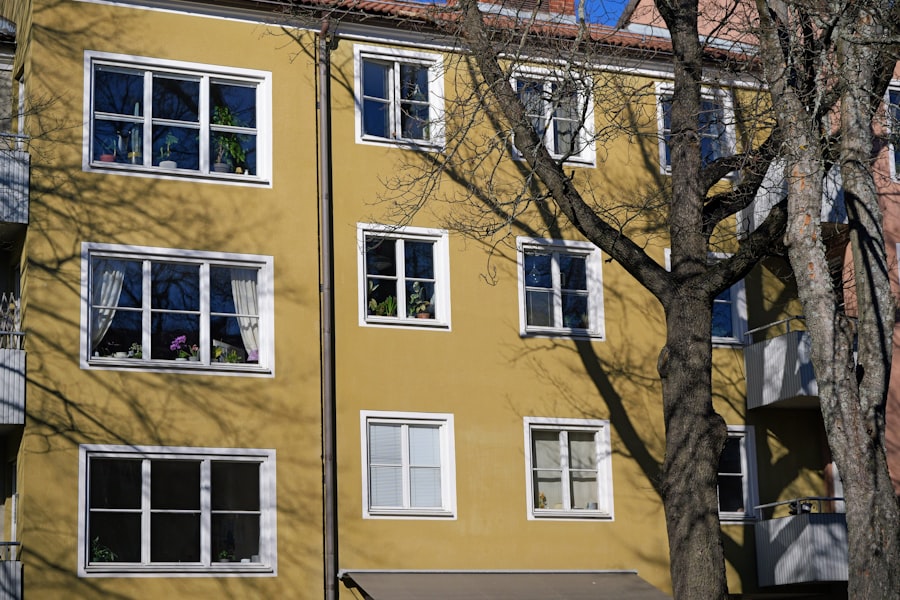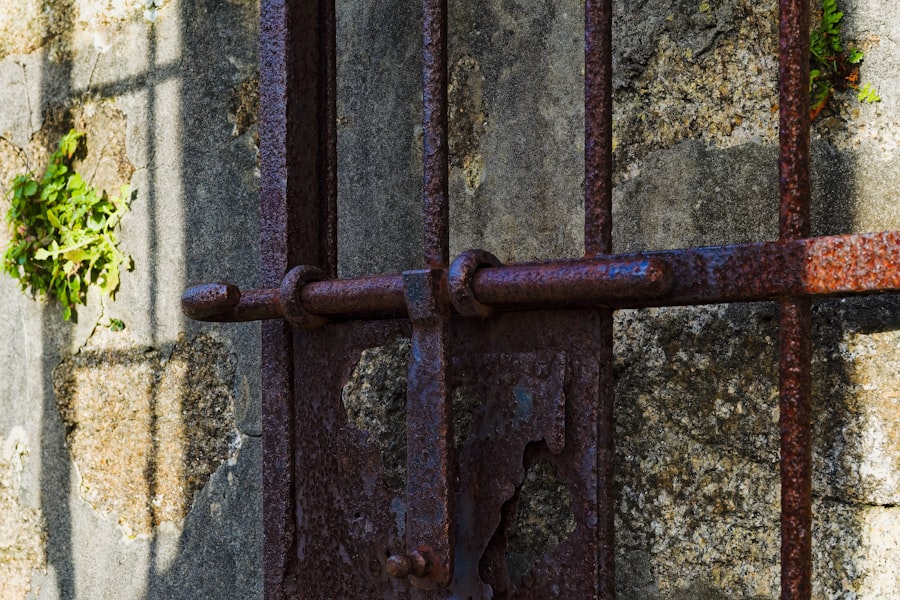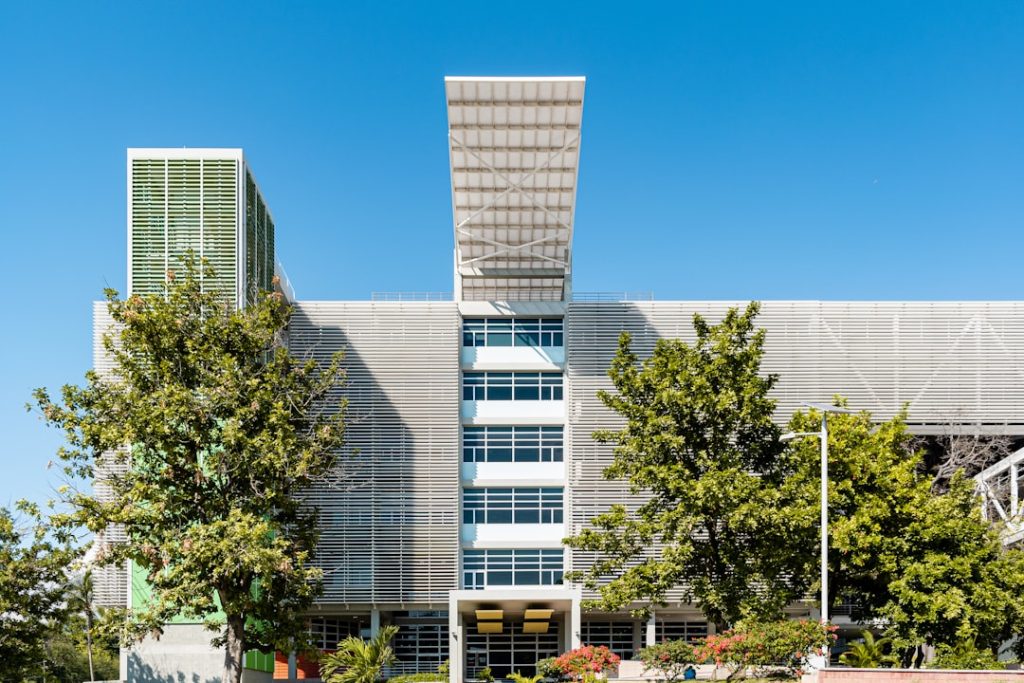Chickens are vulnerable to heat stress, particularly during hot summer periods. Recognizing signs of heat stress in chickens is crucial for owners to maintain their flock’s health and safety. Common indicators include panting, wings held away from the body, lethargy, reduced egg production, and in severe cases, sudden death.
Overheated chickens may also exhibit decreased appetite and water consumption, potentially leading to dehydration and associated complications. Chickens are more susceptible to heat stress than many other animals due to their lack of sweat glands. They rely on panting to regulate body temperature, making them particularly vulnerable to overheating.
This physiological characteristic underscores the importance of vigilant observation and prompt action by chicken owners during hot weather. Proactive measures to prevent heat stress are essential for maintaining flock health. By understanding and identifying the symptoms of heat stress, chicken owners can implement appropriate cooling strategies and ensure their birds remain comfortable and healthy throughout the hottest months of the year.
Regular monitoring of chicken behavior and environmental conditions is key to preventing heat-related health issues and potential fatalities in the flock.
Table of Contents
- 1 Providing ample shade and ventilation for your coop
- 2 Offering cool treats and fresh water to keep chickens hydrated
- 3 Creating a dust bathing area for chickens to cool off
- 4 Using misters or fans to lower the temperature in the coop
- 5 Adjusting feeding and egg collection times to avoid the hottest part of the day
- 6 Monitoring your chickens for signs of heat stress and taking immediate action if necessary
- 7 FAQs
Key Takeaways
- Panting, lethargy, and holding wings away from the body are signs of heat stress in chickens
- Ensure your coop has plenty of shade and good airflow to prevent heat stress
- Treats like frozen fruits and vegetables can help keep chickens cool and hydrated
- Create a dust bathing area with sand and diatomaceous earth for chickens to cool off
- Use misters or fans to lower the temperature in the coop during hot weather
- Feed and collect eggs in the cooler parts of the day to reduce heat exposure for chickens
- Regularly monitor your chickens for signs of heat stress and take immediate action if necessary
Providing ample shade and ventilation for your coop
Shade and Ventilation for the Coop
One of the most effective ways to prevent heat stress in chickens is to provide ample shade and ventilation for their coop. This can be achieved by positioning the coop in a shaded area, such as under a tree or next to a building, and by ensuring that there are plenty of windows or vents to allow for air circulation. Additionally, adding a reflective roof or using light-colored materials for the coop can help to reduce the amount of heat absorbed by the structure.
A Cool and Well-Ventilated Environment
By creating a cool and well-ventilated environment for your chickens, you can help them stay comfortable and healthy during hot weather. In addition to providing shade and ventilation for the coop, it’s also important to consider the placement of the chicken run.
Positioning the Chicken Run
If possible, position the run in a shaded area or provide a covered area where the chickens can escape the direct sun. This will give them a place to cool off and rest during the hottest part of the day.
Keeping Your Chickens Cool and Comfortable
By taking these simple steps to provide ample shade and ventilation for your coop and run, you can help your chickens stay cool and comfortable even in the midst of summer heat.
Offering cool treats and fresh water to keep chickens hydrated

Another important way to prevent heat stress in chickens is to offer cool treats and fresh water to keep them hydrated. During hot weather, it’s crucial for chickens to have access to plenty of clean, cool water at all times. This can be achieved by providing multiple water sources throughout the coop and run, as well as adding ice cubes or frozen water bottles to their water containers to help keep it cool.
Additionally, offering cool treats such as frozen fruits and vegetables can provide extra hydration for your flock while also giving them a refreshing snack to enjoy during the heat of the day. It’s also important to monitor your chickens’ water intake during hot weather and to replenish their water supply frequently to ensure that it remains clean and cool. Dehydration can quickly lead to heat stress and other health issues in chickens, so it’s crucial for chicken owners to be proactive in providing ample fresh water for their flock.
By offering cool treats and fresh water to keep your chickens hydrated, you can help them stay healthy and comfortable even in the midst of summer heat.
Creating a dust bathing area for chickens to cool off
In addition to providing shade, ventilation, and hydration for your flock, creating a dust bathing area can also help chickens cool off during hot weather. Dust bathing is a natural behavior for chickens, and it serves as a way for them to keep cool and maintain good hygiene. By providing a designated area filled with fine dust or sand, you can encourage your chickens to engage in this behavior, which will help them stay cool and comfortable during the hottest part of the day.
To create a dust bathing area for your chickens, simply designate a spot in the coop or run and fill it with fine dust or sand. You can also add diatomaceous earth or wood ash to the area, which can help control parasites while also providing a cooling effect for your flock. By giving your chickens a designated space for dust bathing, you can help them stay cool and comfortable even in the midst of summer heat.
Using misters or fans to lower the temperature in the coop
Another effective way to lower the temperature in the coop during hot weather is to use misters or fans. Misters can be installed in the coop or run to provide a fine spray of water that helps lower the ambient temperature and create a cooling effect for your flock. Similarly, fans can be used to improve air circulation and reduce the heat inside the coop.
By using misters or fans, you can help your chickens stay cool and comfortable even on the hottest days of summer. When using misters or fans in the coop, it’s important to ensure that they are positioned safely and that they do not create any wet or slippery areas that could pose a hazard for your flock. Additionally, it’s crucial to monitor your chickens’ behavior when using these cooling devices to ensure that they are not stressed or uncomfortable.
By using misters or fans to lower the temperature in the coop, you can help your chickens stay healthy and happy even during extreme heat.
Adjusting feeding and egg collection times to avoid the hottest part of the day

Timing is Everything
Feeding your chickens early in the morning or later in the evening can help prevent them from overheating while they eat, as well as reduce their activity during the hottest hours. Similarly, collecting eggs early in the morning can help prevent them from becoming overheated in the nest boxes during the heat of the day.
Monitoring and Adaptation
By making these simple adjustments to your daily routine, you can help your chickens stay comfortable and healthy even during extreme heat. In addition to adjusting feeding and egg collection times, it’s also important to monitor your flock’s behavior during hot weather and make any necessary changes to their routine as needed. This may include providing additional shade or ventilation, offering cool treats and fresh water, or adjusting their access to outdoor areas based on the temperature.
Preventing Heat Stress
By being proactive in adjusting your feeding and egg collection times and monitoring your flock’s behavior, you can help prevent heat stress and keep your chickens healthy even during the hottest months of the year.
Monitoring your chickens for signs of heat stress and taking immediate action if necessary
Finally, it’s crucial for chicken owners to monitor their flock for signs of heat stress and take immediate action if necessary. This may include moving chickens to a cooler area, providing additional shade or ventilation, offering cool treats and fresh water, or using misters or fans to lower the temperature in the coop. It’s important to be vigilant and observant of your flock’s behavior during hot weather, as early intervention is key to preventing serious health issues related to heat stress.
In addition to monitoring your flock for signs of heat stress, it’s also important to be prepared with a plan of action in case of an emergency. This may include having a designated area where you can move your flock if necessary, as well as having supplies on hand such as extra water containers, ice packs, or cooling pads. By being proactive in monitoring your flock for signs of heat stress and having a plan of action in place, you can ensure the health and well-being of your chickens even during extreme heat.
In conclusion, preventing heat stress in chickens requires proactive measures such as providing ample shade and ventilation, offering cool treats and fresh water, creating a dust bathing area, using misters or fans, adjusting feeding and egg collection times, and monitoring your flock for signs of heat stress. By being knowledgeable about these strategies and taking immediate action when necessary, chicken owners can help their flock stay cool and comfortable even during the hottest months of the year. It’s crucial for chicken owners to be vigilant and observant of their flock’s behavior during hot weather in order to prevent heat stress and its potentially fatal consequences.
By understanding the signs of heat stress in chickens and taking proactive measures to keep them cool and comfortable, chicken owners can ensure the health and well-being of their flock even during extreme heat.
If you’re looking for more tips on keeping your chickens comfortable in the summer heat, check out this article on chicken coop interior ideas. It offers great suggestions for creating a cool and comfortable environment for your feathered friends.
FAQs
What are some signs that chickens are overheated?
Some signs that chickens are overheated include panting, holding their wings away from their bodies, and reduced egg production.
How can I keep my chickens cool in hot weather?
You can keep your chickens cool in hot weather by providing plenty of shade, ensuring they have access to fresh, cool water at all times, and using fans or misters to lower the temperature in their coop.
What are some ways to provide shade for chickens?
You can provide shade for chickens by using tarps, umbrellas, or natural shade from trees or shrubs. It’s important to make sure the shade is well-ventilated to allow for air circulation.
How often should I change my chickens’ water in hot weather?
In hot weather, you should change your chickens’ water at least once a day to ensure it stays cool and clean. If the water becomes warm or dirty before then, it should be changed more frequently.
Can I give my chickens frozen treats to help keep them cool?
Yes, you can give your chickens frozen treats such as frozen fruits or vegetables to help keep them cool. Just make sure the treats are safe for chickens to eat and don’t pose a choking hazard.
Meet Walter, the feathered-friend fanatic of Florida! Nestled in the sunshine state, Walter struts through life with his feathered companions, clucking his way to happiness. With a coop that’s fancier than a five-star hotel, he’s the Don Juan of the chicken world. When he’s not teaching his hens to do the cha-cha, you’ll find him in a heated debate with his prized rooster, Sir Clucks-a-Lot. Walter’s poultry passion is no yolk; he’s the sunny-side-up guy you never knew you needed in your flock of friends!







